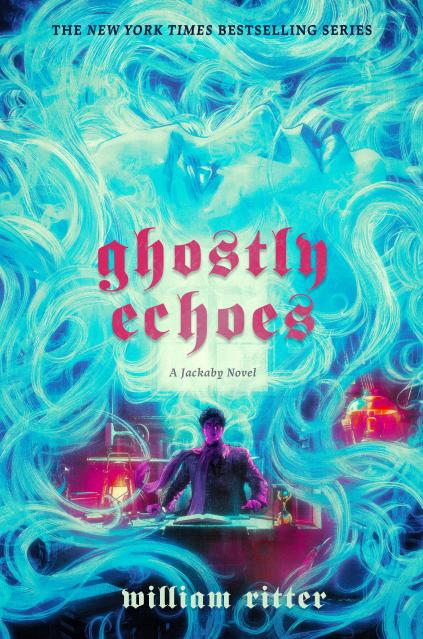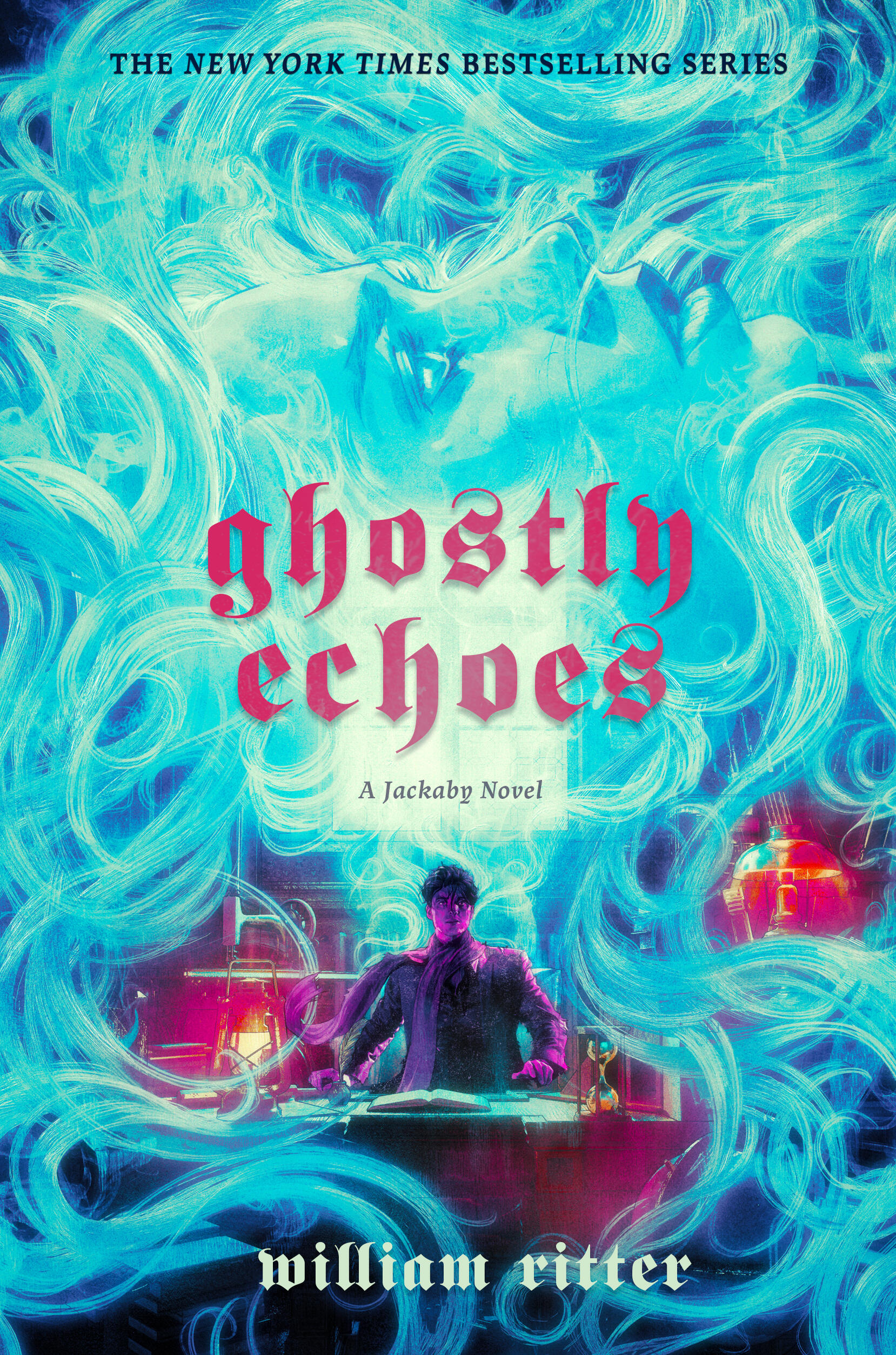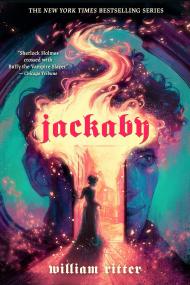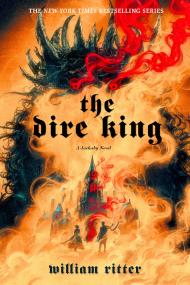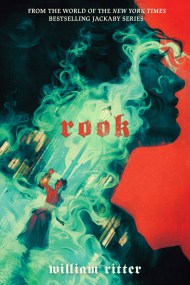Ghostly Echoes
A Jackaby Novel
Contributors
Formats and Prices
Price
$11.99Price
$15.99 CADFormat
Format:
- Trade Paperback (New edition) $11.99 $15.99 CAD
- ebook $9.99 $12.99 CAD
Also available from:
Abigail Rook and her eccentric employer R.F. Jackaby dive into the cold case of their own resident ghostly lady to solve her decade-old murder in the third book of the New York Times bestselling Jackaby series.
Jenny Cavanaugh, the ghostly lady of 926 Augur Lane, has enlisted the services of her detective-agency tenants to solve a decade-old murder—her own. Abigail Rook and her eccentric employer, R. F. Jackaby, dive into the cold case, starting with a search for Jenny’s fiancé, who went missing the night she died. But when a new, gruesome murder closely mirrors the events of ten years prior, Abigail and Jackaby realize that Jenny’s case isn’t so cold after all. Soon Abigail’s race to unravel the mystery leads her down to the mythical underworld and deep into her colleagues’ grim histories to battle the most deadly foe she has ever faced.
Jenny Cavanaugh, the ghostly lady of 926 Augur Lane, has enlisted the services of her detective-agency tenants to solve a decade-old murder—her own. Abigail Rook and her eccentric employer, R. F. Jackaby, dive into the cold case, starting with a search for Jenny’s fiancé, who went missing the night she died. But when a new, gruesome murder closely mirrors the events of ten years prior, Abigail and Jackaby realize that Jenny’s case isn’t so cold after all. Soon Abigail’s race to unravel the mystery leads her down to the mythical underworld and deep into her colleagues’ grim histories to battle the most deadly foe she has ever faced.
Series:
-
"Recommended for fans of Jonathan Stroud’s The Screaming Staircase and Jonathan Auxier’s The Night Gardener."School Library Journal
-
"This story has everything covered in its mashup of romance, mystery, adventure, horror creatures, fantasy lore, and gothic atmosphere . . . Readers will not be able to put it down."VOYA
- On Sale
- Aug 22, 2023
- Page Count
- 352 pages
- Publisher
- Algonquin Young Readers
- ISBN-13
- 9781523524006
Newsletter Signup
By clicking ‘Sign Up,’ I acknowledge that I have read and agree to Hachette Book Group’s Privacy Policy and Terms of Use
